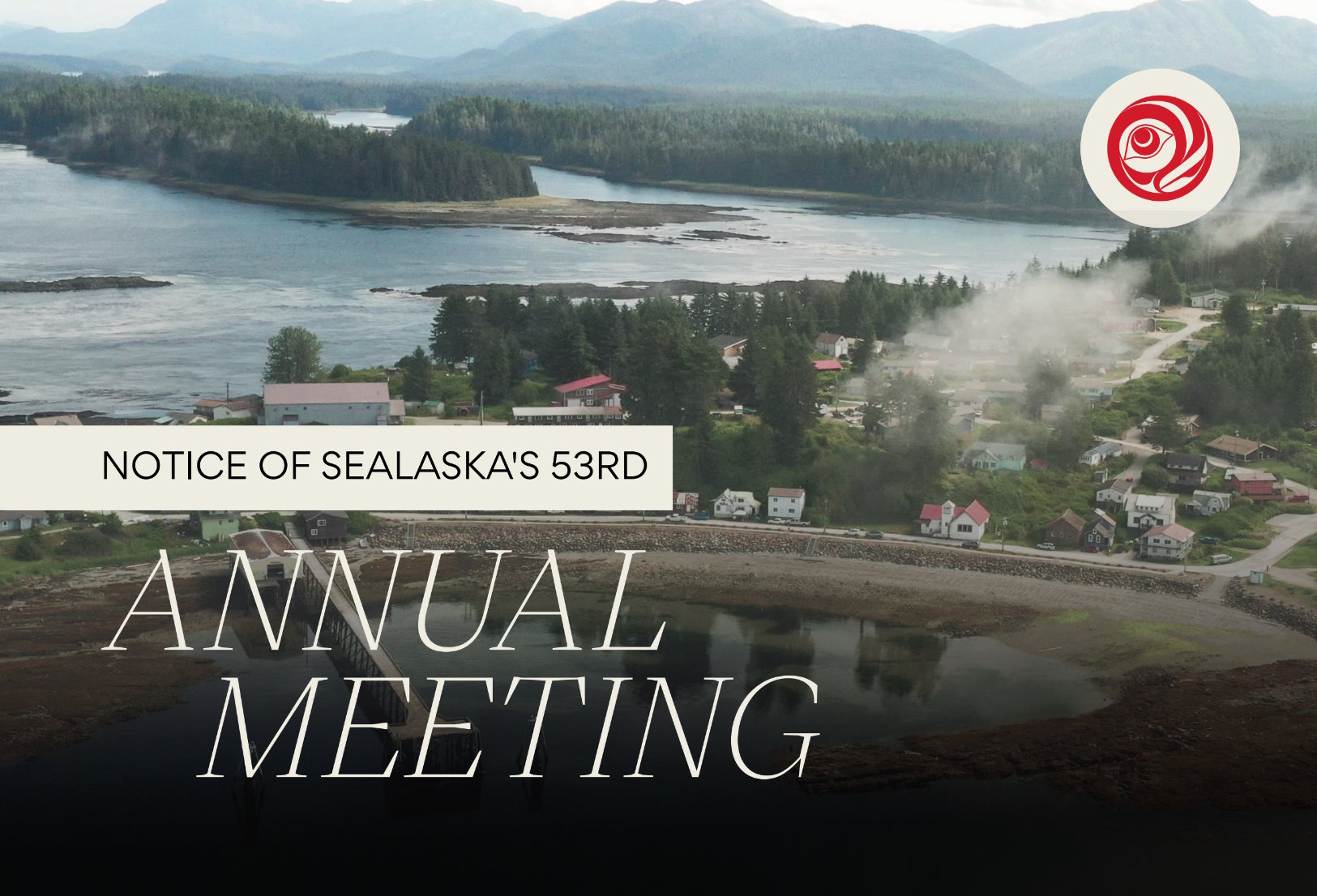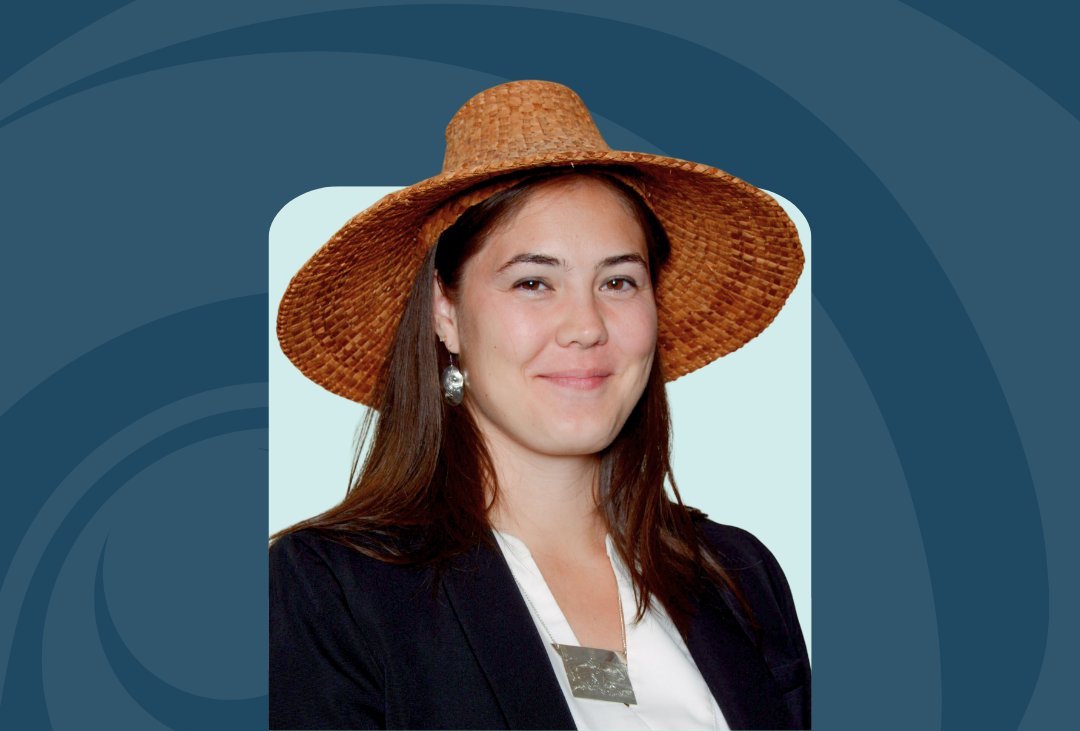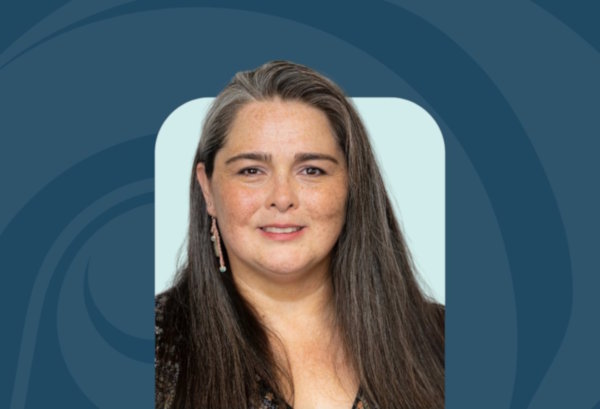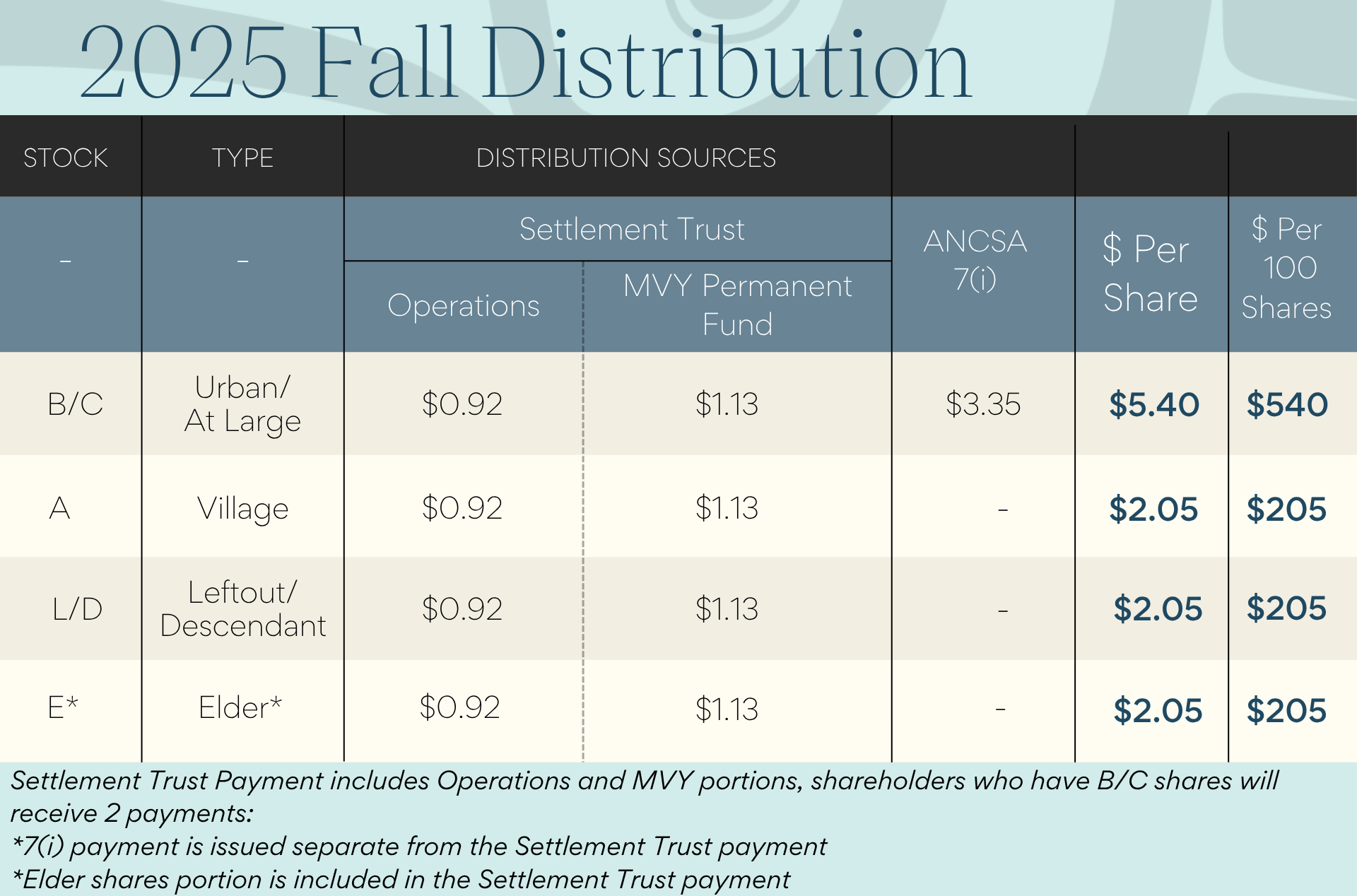Advocating for Environmental Justice through Legislative Action
Tuesday, February 9, 2021
During the month of February, we are highlighting shareholders who are contributing to policy and advocacy efforts and who positively impact people and communities.
 Washington State Representative Debra Lekanoff is a champion for environmental policy and protections. She has given her time at the tribal, village, state and national level. Her efforts and professional background led some Alaskan policymakers to advocate that she would be ideal to lead the Environmental Protection Agency (EPA) Region 10 office, which oversees Alaska and the Pacific Northwest region. Lekanoff is the second Native American to serve in the Washington legislature after Lois Stratton, who served from 1979-1985.
Washington State Representative Debra Lekanoff is a champion for environmental policy and protections. She has given her time at the tribal, village, state and national level. Her efforts and professional background led some Alaskan policymakers to advocate that she would be ideal to lead the Environmental Protection Agency (EPA) Region 10 office, which oversees Alaska and the Pacific Northwest region. Lekanoff is the second Native American to serve in the Washington legislature after Lois Stratton, who served from 1979-1985.
Lekanoff served as an environmental policy analyst for the EPA from 2006-2019, providing advice on national policy matters. In that role, she supported programs for 70% of the federally recognized tribes across the nation. For the last 12 years she has served as the governmental affairs director for the Swinomish Tribe in the state of Washington, supporting policy changes and improvements. Last November, she was re-elected to a second term in the Washington State House of Representatives, representing the 40th District which includes San Juan County as well as portions of Whatcom and Skagit Counties. Sealaska has about 5,000 shareholders who live in Washington State, about 500 of whom live in Lekanoff’s district.
Representative Lekanoff is advocating for Senate bill 5141, which is moving through the Washington Legislature this session. Known as the HEAL Act, or Healthy Environment for All Act, its goal is to address decades of racial and economic disparities that affect people who live and work in more heavily polluted areas of Washington.
Debra’s mother is from Yakutat and is Tlingit, Raven, Kwaashi Kwaan clan. Her father is from is from the Pribilof Islands. We reached out to Representative Lekanoff to learn more about her initiatives and goals.

In announcing SB 5141 you said, “We believe that environmental justice is a right for every person of color, for every community.” Why is SB 5141 important for Washington state? Tell us more.
I came from a place where when the tide was out, the table was set. You name it, we had it. If it was to be picked, hunted or harvested, we ate it, and this is who we are, as Tlingit people and also as Alaskans.
We built a groundbreaking task force to look at the most detrimental communities within Washington state that have the most pollution. It is a bill that promotes a healthy environment for every Washingtonian that lives here for today and for generations to come.
What problem is this fixing?
Washington state’s environmental, natural resources and infrastructure programs are built on biennial budgets, which occur every two years. As a seventh-generation decision maker, we carry the next generation with our decisions. So, we can’t help but think generationally. As a Native American woman, thinking and making decisions based on biennial budgets falls short for me.
Focusing funding in areas of health care, forest management, climate change and community infrastructure is what’s important and how this bill is fair and equitable across the state.

You have worked on improving tribal relations in Washington state. How are those relationships evolving?
The governmental relations in the past 20 years between Washington state and Washington tribes, along with the tribes within the Pacific Northwest have all grown and strengthened since the Obama administration. During this time, when I decided to run, it was just the beginning of shattered relationships. Much time and effort has been put in by people of color, as Native Americans busting through the glass ceiling.
Today, I’m the only Native American woman in the Washington state legislature. There’s no one who thinks like me, no one who decides like me, no one who gets my jokes, no who understands my stories, no one understands that I have to tell a story before I answer and make a decision. There’s a quality of respect that I think we’re able to bring with Native Americans who join the state legislature. We make decisions uniquely different.
How is your presence in the legislative body contributing to successes?
The work that I did within Washington state was creating a platform, where we can not only manage the marine vessel traffic of large cargo and oil industry ships within the small waters where tribes have unique treaty fishing rights and their commercial fishing areas, but to find a harmony and do a marine spatial planning. We created programs where we have some of the most improved science and technology on oil spill response, understanding where the most dangerous spots are for these large vessels and then, how do we create oil spill plans and an oil spill collaboration in case there is an accident.
As a lawmaker I need to build those types of policies across the state. In Washington, every river depends upon a hatchery. They no longer have the wild river systems that we have in Alaska. Washington state has to invest in hatcheries because the salmon brings 116,000 jobs and $6 billion to Washington state and that’s not even what it brings to tribal communities, and there are 20 treaty tribes, and another nine tribes who depend upon salmon. If you have healthy salmon you have a strong economy, you have a healthy environment, your people are healthy, your social structures are healthy, your infrastructure is strong and your governance with all other governing bodies is strong, because you have to engage in who is going to win.
 You carry some of your ancestors with you, whether it’s the tunic that you wore when you were sworn in or the vest that you’re wearing today. Talk about bringing that presence into the House of Representatives.
You carry some of your ancestors with you, whether it’s the tunic that you wore when you were sworn in or the vest that you’re wearing today. Talk about bringing that presence into the House of Representatives.
To stand in my grandmother’s regalia with my grandmother’s beadwork on it, with my mom on one hand and my daughter on the other hand, it was generations of my bloodline standing on the floor. That Washington tribes had honored me and said you little sister, you little niece, you will speak with us and for us on this floor. It’s been quite an honor.
Latest News
Notice of Sealaska's 53rd Annual Meeting of Shareholders
Pinned - Posted 2/12/2026The 2026 Sealaska Annual Meeting of Shareholders will be held on Saturday, June 27, in Angoon, Alaska. This year’s meeting will take place at the Angoon Elementary Gym, located at 500 Big Dog Salmon Road, Angoon, AK 99820.
Sealaska Welcomes Madeline Soboleff Levy
Posted 2/7/2026Sealaska welcomes Madeline Soboleff Levy as our new Vice President of Policy and Corporate Affairs.
Online Notary Service for Stock Wills
Posted 1/28/2026Sealaska is pleased to welcome Heather Shá xat k’ei Gurko
Posted 12/17/2025Sealaska is pleased to welcome Heather Shá xat k’ei Gurko as our new Director of Shareholder Communications.














